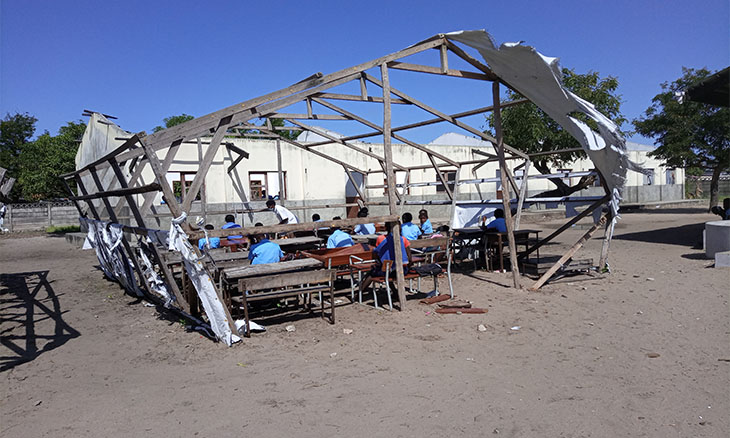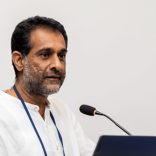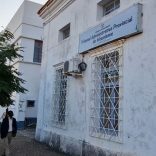Mozambique: Malaria kills 270 in five months, over 6M cases
About 340,000 students without classrooms in Sofala and awaiting tents

Photo: O País
Teaching in some districts of Sofala province, particularly those affected since March 2019 by cyclones Idai, Chalane and Eloise, remains chaotic. The cyclones totally or partially destroyed about 3,000 classrooms in the province, of which fewer than 500 have been fully restored.
This has left about 340,000 students without classrooms since March 2019, when the first cyclone (Idai) struck.
Take, for example, the 25 de Junho Primary School, in Beira’s Munhava neighbourhood. It has about 5,000 students, mostly studying in deplorable conditions, its classrooms roofless since Cyclone Idai passed.
In June 2019, some tents were allocated to minimize the problem. These were already degrading when the last two cyclones hit Beira – Chalane, in December last year, and Eloise, in January this year – completely destroying the improvised classrooms.
Since the start of the current academic year, the Munhava students have been taking classes in the open air – or, when it is raining, not at all.
“When it rains, there are no classes at our school. Every day, from eight in the morning, the sun beats down on our heads. Some students bring parasols but, unfortunately, the sun is getting stronger, and the reflection off our books and notebooks makes it difficult to see. It is normal at the end of classes for several students to complain of headaches. We are asking everyone for help putting ceilings back on our classrooms,” Beichito Maibeque, one of the Munhava students, says.
Parents and guardians also deplore the scenario their children have faced since the beginning of the academic year, and are urging the government to find viable ways to improve the students’ educational performance.
“We have been in this situation for two years. We think that there is a lack of willingness on the part of the government to address the problem. We urge the education sector to urgently find a solution. Our children are not motivated to attend classes and, as a result, their educational performance is worrying,” says Teresa Manuel, who is in charge of the education of one of the students at the EPC in Munhava.
Teachers are also concerned, saying that the scenario is contributing to deficiencies in the training of future staff.
“Remember: today’s child is tomorrow’s leader. So, if Mozambique wants to train quality leaders, we should be concerned today. Tomorrow’s good quality starts today,” Munhava EPC teacher Fidel Nicolau declared.
The education sector in Sofala recognizes that the problem affects at least five districts (Beira, Dondo, Nhamatanda, Búzi, and Gorongosa and Muanza) and promises that efforts to address the problem are underway at ministerial level.
“But the immediate solution is the allocation of tents. Even so, we cannot advance dates considering that the acquisition of these dates is dependent on support from partners. However, the Ministry is aware of the problem and is looking for a definitive solution, which involves the rehabilitation of classrooms, which also does not seem easy, due to financial difficulties,” Director of Education in Sofala Tomás Viageiro says.
Viageiro urged teachers, students and guardians to be supportive of the teaching and learning process, and to contribute to improving the quality of teaching, despite the difficulties.
By Francisco Raiva












Leave a Reply
Be the First to Comment!
You must be logged in to post a comment.
You must be logged in to post a comment.